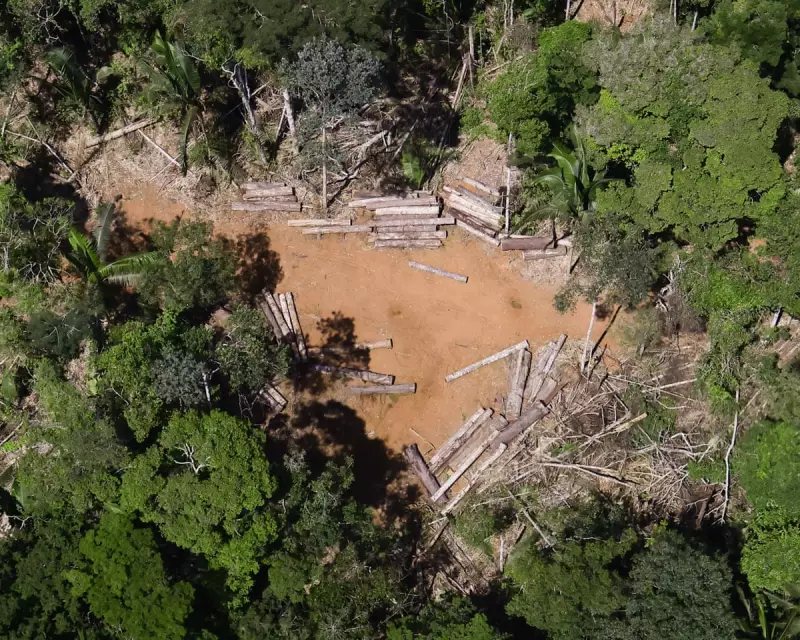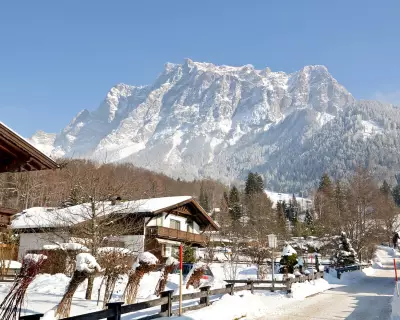
In a move that has sent shockwaves through the global environmental community, Brazil's Congress has passed legislation that significantly weakens long-standing protections for the country's ecosystems. The so-called 'Devastation Bill' overturns crucial safeguards established over decades, potentially opening the door to increased deforestation and industrial exploitation of sensitive areas.
What the Bill Changes
The controversial legislation:
- Reduces protected areas in the Amazon rainforest
- Relaxes restrictions on mining and agricultural activities
- Limits penalties for environmental violations
- Weakens indigenous land rights protections
Global Reaction
Environmental organisations have condemned the decision, with many warning it could accelerate climate change and biodiversity loss. 'This is a catastrophic step backward,' said one leading conservationist. 'Brazil is essentially signing a death warrant for vast swathes of its natural heritage.'
Scientists estimate the changes could lead to:
- A 40% increase in deforestation rates
- The loss of critical habitats for endangered species
- Significant impacts on global carbon sequestration
Political Context
The bill's passage comes amid growing tensions between development interests and environmental protection in Brazil. Proponents argue the changes will boost economic growth, while opponents warn the short-term gains will be outweighed by long-term ecological damage.
International observers are particularly concerned about the potential impact on the Amazon, often described as the 'lungs of the planet.' The rainforest plays a crucial role in regulating global climate patterns and harbours unparalleled biodiversity.






